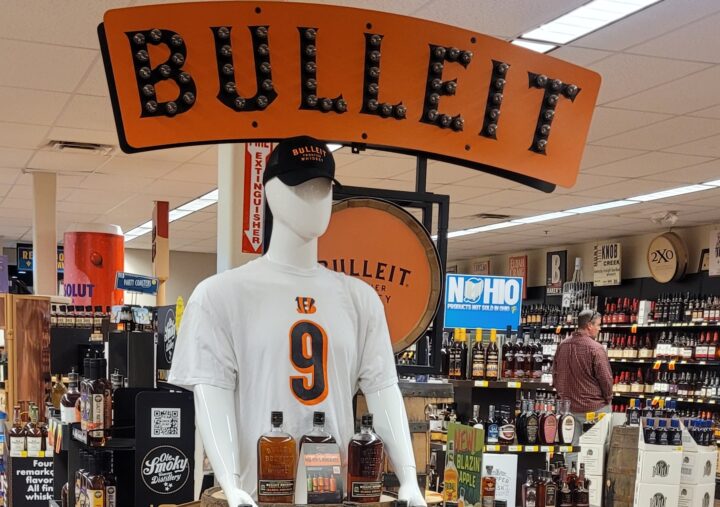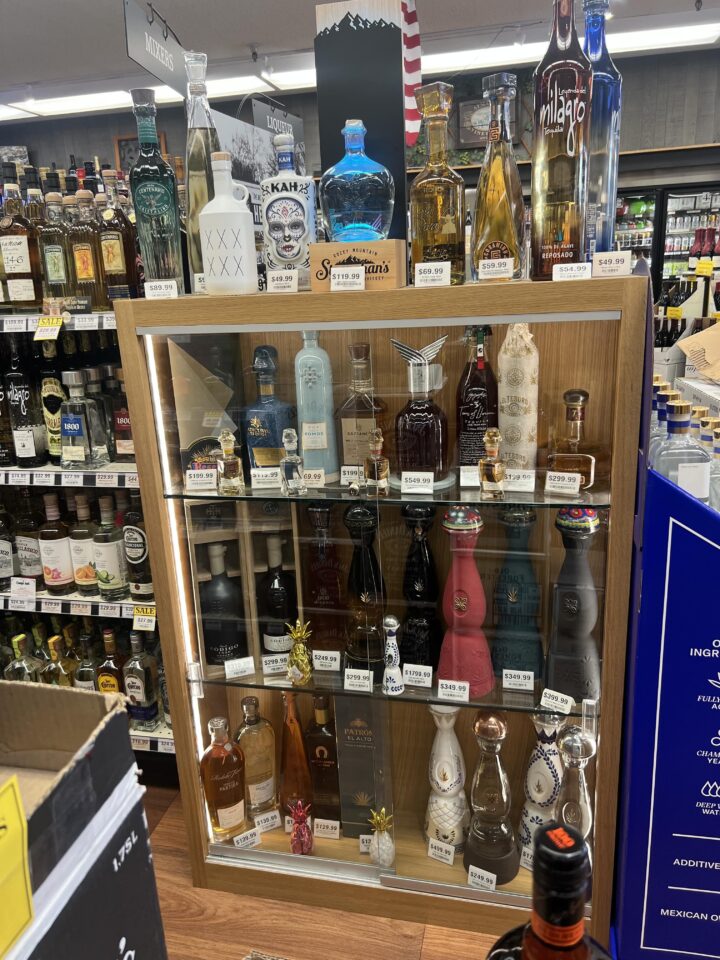
Imported spirits tariffs are squeezing the supply chain and impacting U.S. distilleries and retailers. “I highly advocate for zero-for-zero tariffs,” says Marty Holland, manager of The Party Source in Bellevue, Kentucky. “Tariffs impact the supply chain, especially when it comes to single malt Scotches. Due to the lack of consistent availability of these higher-end offerings, we can go out of stock of The Macallan (from $93 for a 750-ml. of Sherry Oak 12-Year-Old to $3,200 for Double Cask 30-Year-Old) for weeks. This happened the last time we had tariffs. It created supply issues. There were giant holes on our shelves. We are working with our distribution partners to do some direct importing.”
Although a United States Court of Appeals for the Federal Circuit ruled many of President Trump’s tariffs are unconstitutional, they remain in place while the case is appealed to the U.S. Supreme Court. Beverage alcohol retailers and consumers have yet to feel the full impact of spirits tariffs, primarily 15% on E.U. imports and 10% on U.K. imports. “A lot of our importers and distributors have been holding pricing at the expense of their margins,” Holland says. “We appreciate our partners giving us an opportunity to buy more before tariffs take effect in earnest. If the tariffs take hold, sales of international products will go down significantly.”
Spirits also face challenges from hemp-based THC drinks, non-alcoholic adult beverages, and an uncertain economy. “The industry is facing a lot of headwinds without the tariffs,” Holland says. “When you are carrying a heavy load up a mountain, the last thing you need is to take on somebody else’s backpack. It feels like that to us.”
Amid a relatively flat spirits market, sales of Tequila, which are exempt from tariffs, continue to be strong. Top-selling Tequila brands at The Party Source include Tequila Ocho Plata ($50 a 750-ml.), Don Abraham Organic Blanco Tequila ($50 a 750-ml.), and El Toro Silver Tequila ($24 a 1.75-liter). “Tequila is still outperforming and is our highest-growing spirit,” Holland says. “It’s growing mid- to high single digits, down from double-digits last year.”
Bourbon, however, remains the store’s No. 1 selling spirits category, comprising 52% of its total spirits sales. “Some customers think maybe tariffs will be a good thing for Bourbon sales, but we are seeing a cooling in Bourbon demand,” Holland says. “With Canadians pulling American products off the shelves, people think that maybe the better Bourbons will be available here. We have some Four Roses’ single barrel ($40 a 750-ml.) that are selling OK. A year ago, they would sell out the day of arrival.”

Tariffs have historically had a negative impact on the U.S. spirits market and domestic spirits producers who export. “There are concerns if the U.S. is applying a 15% tariff, the E.U. will in six months apply a tariff back,” says Chris Swonger, CEO and president of the Washington, D.C.-based Distilled Spirits Council (DISCUS). “When a 25% tariff was applied on American whiskey by the E.U. in 2018, we lost 20% in exports. Under zero for zero tariffs from 1997 to June 2018, American whiskey grew 450% on both sides of the Atlantic. When the 25% tariff by the E.U. was removed, American whiskey exports surpassed the level before the tariffs were applied.”
Under zero for zero tariffs, the spirits industry has thrived in the U.S. and with its trading partners. “Twenty-five years ago, there were 60 distilleries in the U.S. Today there are more than 3,000,” Swonger says. “Ten years ago, there were four distilleries in Ireland. Today there are more than 50 distilleries to the benefit of Ireland, but also to the benefit of the United States’ and economic growth.”
Swonger believes that a fair and reciprocal trade environment is necessary for a healthy economy. “American consumers love Cognac, imported cordials and liqueurs, Scotch, and Irish whiskey,” he says. “A tariff will impact consumers, bartenders, distributors, and our retailer partners throughout the chain and create an accumulation trickle effect for the hospitality industry. We are working very hard to get us back to zero for zero tariffs. That’s good for the American distilled spirits and hospitality industries.”
David Tabibian, owner of Royal Wine and Spirits in San Jose, California, notes challenges this year include price increases across all segments and an uncertain economy. “I’m sure tariffs are not going to help,” he says. “I’ve already increased the retail prices, and we are not having the best economic situation right now.”
Spirits sales are down slightly at Royal, but Tabibian says they’re holding strong, especially for whiskies and Tequila. Bourbon remains the top-selling category, but the segment appears to be losing its momentum. “Bourbon sales are a little down, but compared to other categories sales, not drastically down,” Tabibian says. “Bourbon sales don’t have that enthusiasm in them anymore.”
Despite recent challenges, Tabibian is optimistic about the long-term future of the imported spirits market in the U.S. “It’s hard to say what impact the tariffs will have, but imported spirits aren’t going to die,” he says. “That’s for sure. It’s part of the culture. We will have to wait and see which way it’s going to shift, but it’s going to survive. You have these moments when you hit a little slow motion, and then it goes and picks right back up.”